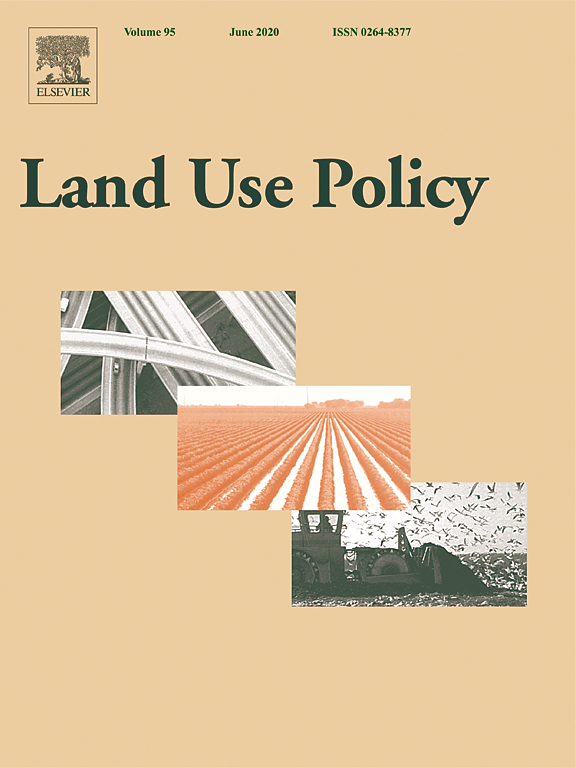Location
What is ScienceDirect
Elsevier’s leading platform of peer-reviewed scholarly literature.
University libraries and institutions offer ScienceDirect access to their communities of researchers.
Researchers, teachers, students, healthcare and information professionals use ScienceDirect to improve the way they search, discover, read, understand and share scholarly research.
Members:
Resources
Displaying 81 - 85 of 284Working on the boundaries—How do science use and interpret the nature-based solution concept?
Nature-based solutions (NBS) is the latest contribution to the green concept family. NBS is defined as actions based in nature addressing societal challenges. In this study, we lean on the concept boundary object, broken down into three analytical categories: use, core ideas and granularities, to explore the cohesive and fragmenting powers of the NBS concept, and discuss its future role in green space governance. The study is based on a structured, qualitative review of 112 scientific peer-reviewed publications that use the term NBS.
Subsurface planning: Towards a common understanding of the subsurface as a multifunctional resource
In response to powerful trends in technology, resource and land supply and demand, socioeconomics and geopolitics, cities are likely to increase use of the subsurface in the near future. Indeed, the subsurface and its appropriate use have been put forward as being of crucial importance if we are to achieve resilient and sustainable cities.
Reviewing First Nation land management regimes in Canada and exploring their relationship to community well-being
The presented paper synthesizes and reviews the history of Fist Nation land management, forming the background of three land management regimes types; the Indian Act land management (IALM), First Nations land management (FNLM) and frameworks of self-government land management (SGLM). The three regimes are compared to the Community Well-Being (CWB) index, being a measure of socio-economic development of communities across Canada.
Hybrid land tenure administration in Dunoon, South Africa
Hybrid land tenure administration occurs in a number of South Africa’s state-subsidised housing projects and in the informal settlements from which the housing beneficiaries tend to be drawn. Ownership is the tenure form in most of these housing projects. Under ownership the law only recognises registered land transactions. Non-government tenure administration in Dunoon was organised by street and area committees that are part of the local South African National Civics Association (SANCO) branch, a community based organisation (CBO).
Perspectives on agriculturally used drained peat soils: Comparison of the socioeconomic and ecological business environments of six European regions
In Northern, Eastern and Central European countries, peat soils drained for agriculture are a considerable source of greenhouse gas emissions. Since emissions from this source have high mitigation potential, they will likely be a focus of the European Union’s future climate goals. We describe and compare the similarities and differences in the socioeconomic and ecological business environment that policy makers, planners and farmers are confronted with when developing tailored proposals for low emission land use alternatives on peat land.



